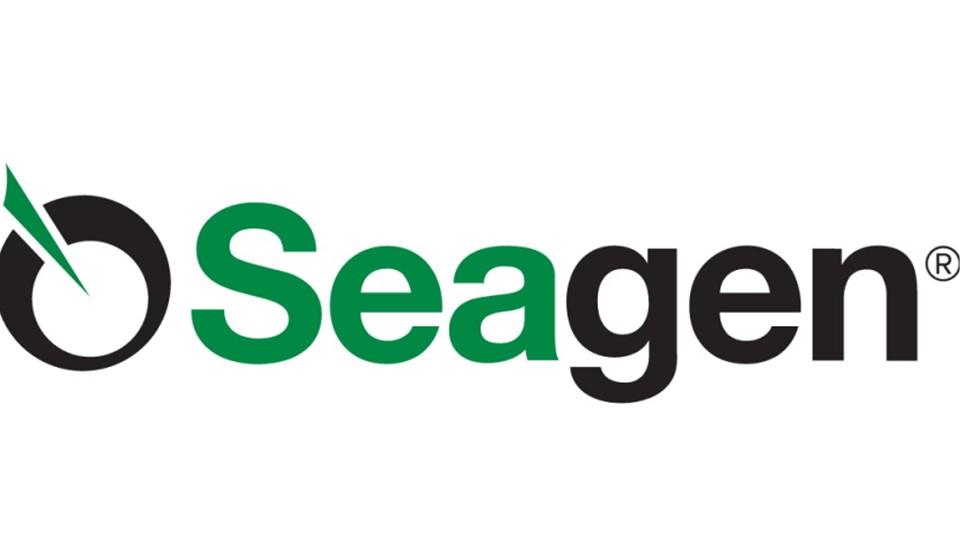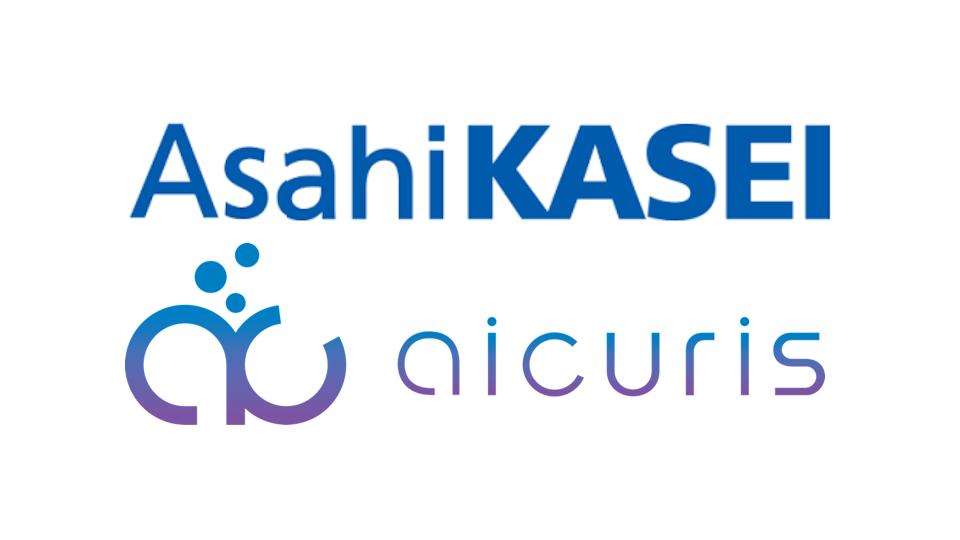EU clears path for Pfizer’s takeover of Seagen

Pfizer’s $43 billion acquisition of antibody-drug conjugate specialist Seagen has been given the go-ahead by the authorities in the EU, clearing a key remaining obstacle to the deal.
The European Commission’s assessment of the takeover was that it would not significantly reduce competition in the 27 member states of the EU, and would also have no negative effects on drug prices, despite an overlap in the treatment of some cancers, as their offerings are 'differentiated and complementary'.
“The Commission therefore concluded that the proposed merger would not raise competition concerns and cleared the transaction unconditionally,” it said, pointing to Pfizer’s limited presence for the moment in the ADC category. Pfizer had previously indicated that approval in the EU would be a condition for closing the deal.
The Federal Trade Commission (FTC) in the US also has to give its blessing, and so far hasn’t delivered a verdict, making a second request for information in July without highlighting any potential stumbling blocks. Pfizer's chief executive, Albert Bourla, said recently that information should be filed later this month or in early November.
That timeline still puts Pfizer on track to complete the merger by its anticipated schedule of late 2023/early 2024. So far, there is no indication that the FTC is seeking any conditions for the transaction, as it insisted on in Amgen’s recently closed $28 billion acquisition of Horizon Therapeutics.
In March, Pfizer said it had entered into a $229-per-share agreement to merge with Seattle, US-based Seagen, which had previously been linked to a possible takeover by MSD.
If the deal goes through, Pfizer will add three approved ADCs – Adcetris (brentuximab vedotin) for blood cancers, Padcev (enfortumab vedotin) for bladder cancer, and cervical cancer therapy Tivdak (tisotumab vedotin), as well as oral HER2 inhibitor Tukysa (tucatinib) for breast cancer – that could help plug an expected $27 billion revenue hit from generic competition facing the big pharma group in the coming years.
Pfizer has indicated that Seagen’s products could contribute more than $10 billion in revenues in 2030, with potential significant growth beyond that date if some significant milestones are reached, including FDA approval of Padcev in combination with Merck’s blockbuster cancer immunotherapy Keytruda (pembrolizumab) as a first-line treatment for advanced bladder cancer.













